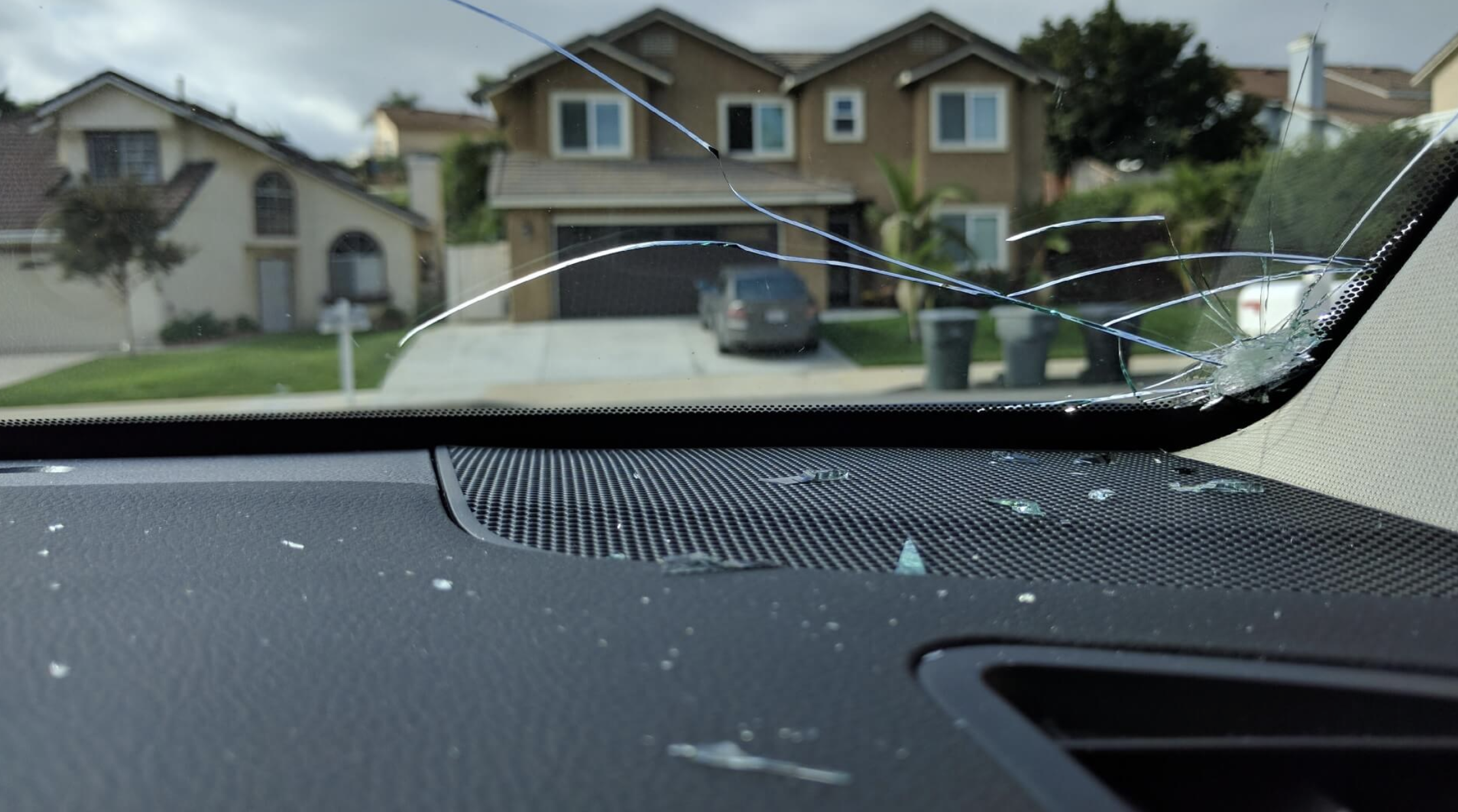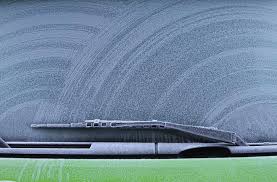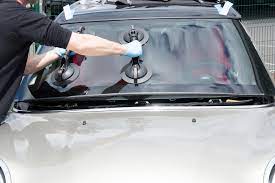Will a Car Pass Inspection with a Cracked Windshield? A Comprehensive Guide
Introduction
Vehicle inspections are a crucial part of ensuring road safety and environmental compliance. During these inspections, various components of your car are assessed to determine if they meet the required standards. One common question that arises for car owners is whether a cracked windshield will cause their vehicle to fail inspection. In this comprehensive guide, we will explore the factors that influence the outcome of vehicle inspections when it comes to cracked windshields, the regulations in different regions, and what you can do to ensure your car passes inspection.

Understanding the Importance of Windshields
Before diving into the specifics of vehicle inspections, it's essential to understand the vital role that windshields play in ensuring safety and visibility while driving. Windshields are not just a piece of glass; they are a critical safety component of your vehicle. Here's why they matter:
-
Clear Vision: Windshields provide an unobstructed view of the road ahead, allowing the driver to react to changing conditions and potential hazards promptly.
-
Structural Integrity: In modern vehicles, windshields contribute to the structural integrity of the car. They help support the roof and prevent it from collapsing during a rollover accident.
-
Airbag Deployment: Windshields are designed to work in conjunction with airbags. A cracked or compromised windshield may affect the proper deployment of airbags in the event of a collision.
-
Preventing Ejection: In the event of a severe accident, a windshield helps prevent occupants from being ejected from the vehicle.
Now, let's explore the various factors that can influence whether a car with a cracked windshield will pass inspection.
Factors Influencing Inspection Outcomes
Whether a car passes inspection with a cracked windshield depends on several factors:
-
Location and Regulations: Inspection standards and regulations vary from state to state and even within regions. Some states have specific guidelines regarding the size, location, and severity of windshield damage.
-
Size and Location of the Crack: Inspectors typically assess the size and location of the crack or chip on the windshield. Smaller cracks that are not in the driver's line of sight are often more likely to pass inspection.
-
Driver's Line of Sight: A cracked windshield that obstructs the driver's line of sight is a significant safety concern and is more likely to result in an inspection failure.
-
Severity of Damage: The severity of the crack or chip can also influence the inspection outcome. Extensive or deep cracks may be deemed unsafe and lead to inspection failure.
-
Inspector's Discretion: The interpretation of regulations can vary among individual inspectors. Some may be more lenient, while others may strictly adhere to the guidelines.
State-Specific Regulations
To understand whether a car can pass inspection with a cracked windshield, it's crucial to consider state-specific regulations. Below are a few examples of how different states handle windshield damage during vehicle inspections:
-
Texas: Texas regulations state that a vehicle will pass inspection if the windshield has no damage that significantly obstructs the driver's view. This means that minor cracks or chips outside the driver's direct line of sight may not result in inspection failure.
-
California: California's guidelines for windshield damage state that any cracks or chips that extend into the critical viewing area, typically the area covered by the windshield wipers, will result in inspection failure. Cracks outside this area are often considered less critical.
-
New York: New York regulations require windshields to be free of defects that obstruct the driver's view. Any crack or chip that obstructs the driver's line of sight is likely to result in inspection failure.
What to Do If Your Windshield Is Cracked
If you have a cracked windshield and need to pass an inspection, consider the following steps:
-
Review State Regulations: Familiarize yourself with your state's regulations regarding windshield damage during inspections. Check the specific size, location, and severity criteria.
-
Consult an Expert: Visit an automotive glass repair or replacement expert to assess the damage. They can provide an expert opinion on whether the damage can be repaired or if a replacement is necessary.
-
Repair or Replace: Depending on the severity of the damage and local regulations, you may need to decide whether to repair or replace the windshield. In some cases, repairs may be sufficient to meet inspection requirements.
-
Document the Repair: If you have the windshield repaired, ensure that you keep documentation of the repair, including receipts and certificates. This documentation can be valuable during the inspection.
-
Schedule Inspection: Once you've addressed the windshield damage, schedule the vehicle inspection. Be sure to bring all necessary documentation and any receipts related to repairs or replacement.
Temporary Solutions and Considerations
In some cases, you may need a temporary solution to pass inspection while planning for a more permanent fix:
-
Temporary Repair Kits: Temporary windshield repair kits are available at auto supply stores. These kits can be used to fill small cracks or chips temporarily. However, they are not a long-term solution and may not satisfy inspection requirements.
-
Exemptions: Some states offer exemptions or waivers for vehicle inspections if the windshield damage is a result of an unavoidable event, such as a rock hitting the windshield on the highway. Check with your local DMV for information on such exemptions.
-
Insurance Coverage: Depending on your car insurance policy, it may cover windshield repair or replacement. Check with your insurance provider to determine coverage and any associated costs.
Conclusion
Whether a car passes inspection with a cracked windshield depends on a variety of factors, including state-specific regulations, the severity of the damage, and the discretion of the inspector. To ensure a smooth inspection process, it's essential to be aware of your state's regulations, address any windshield damage promptly, and consult with experts if necessary. Safety is a primary concern during inspections, so addressing and documenting any repairs or replacements is crucial for both your safety and compliance with local regulations. Always check with your local DMV or equivalent agency for the most accurate and up-to-date information regarding vehicle inspections in your area.



